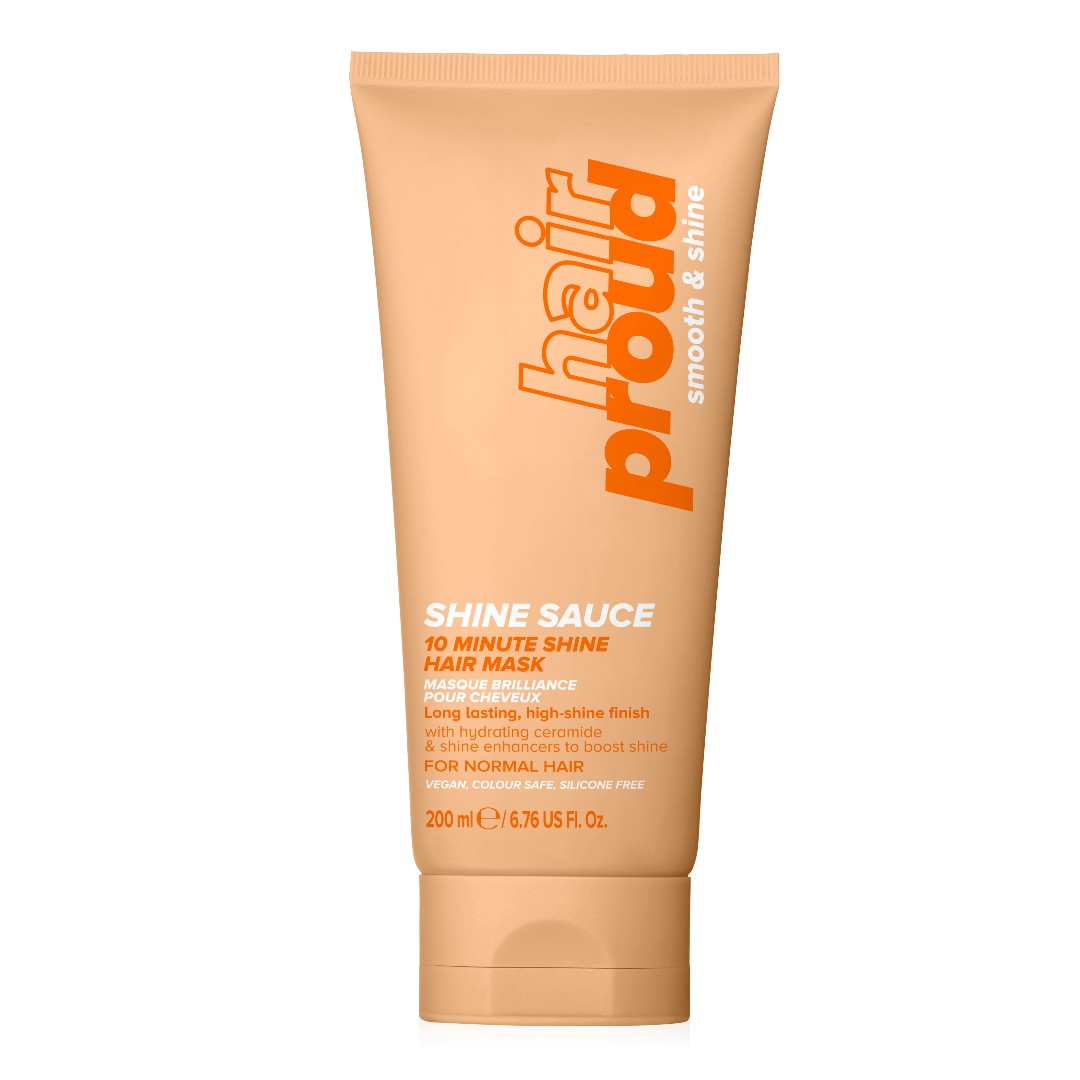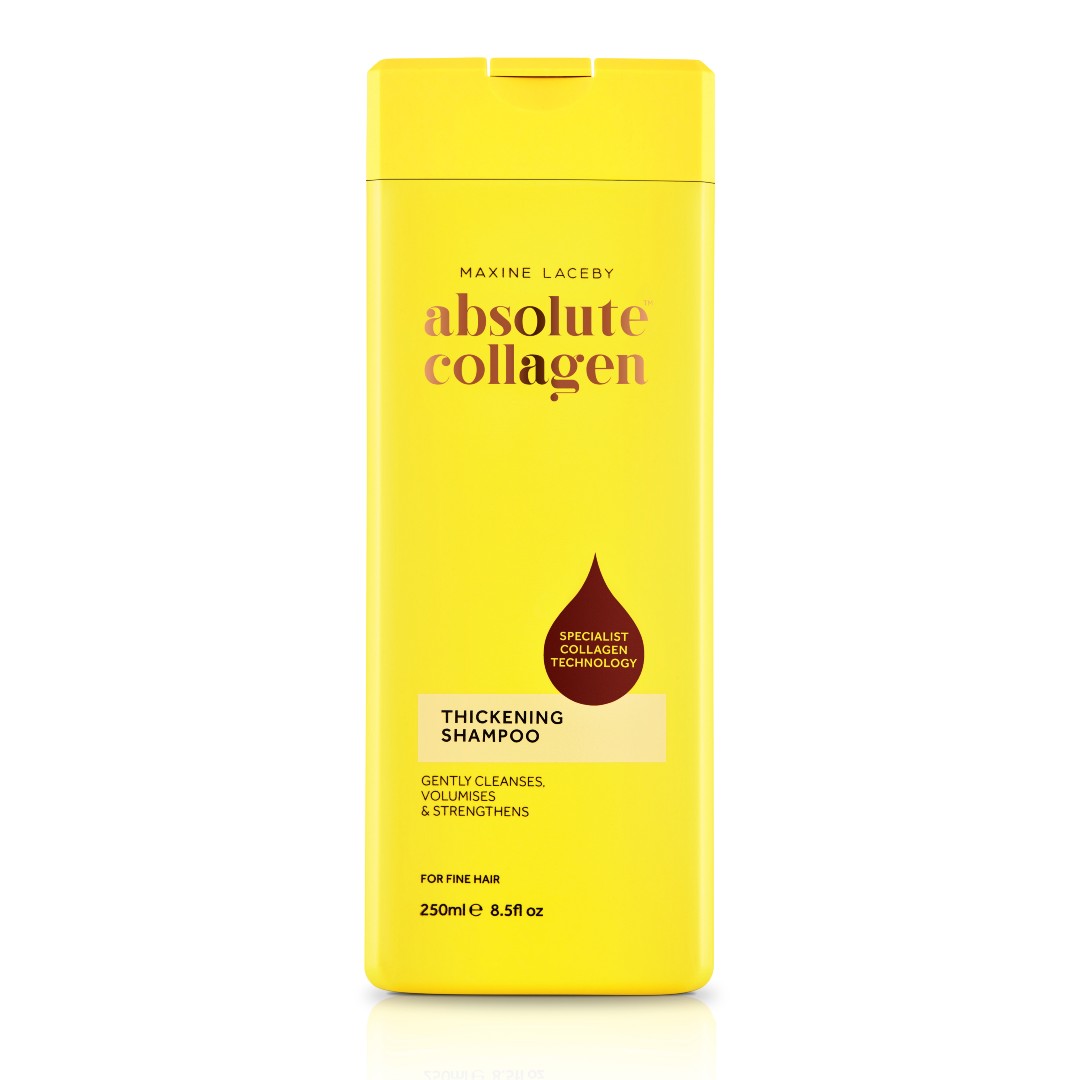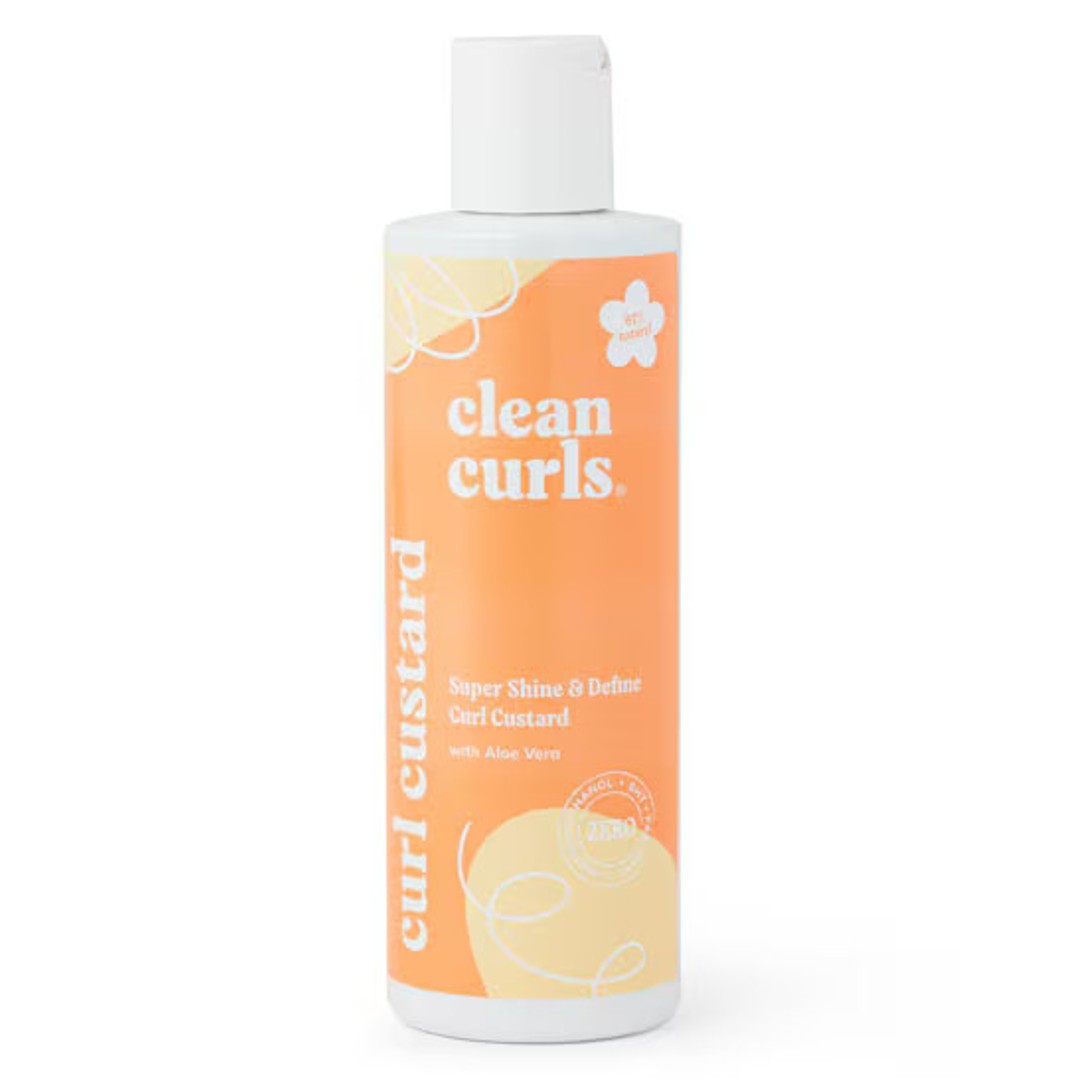6 common hair changes in pregnancy and how to manage them, with advice from the experts
From superhuman growth to frizz and greasy roots, we grilled the experts on hair changes in pregnancy and the solutions to combat them

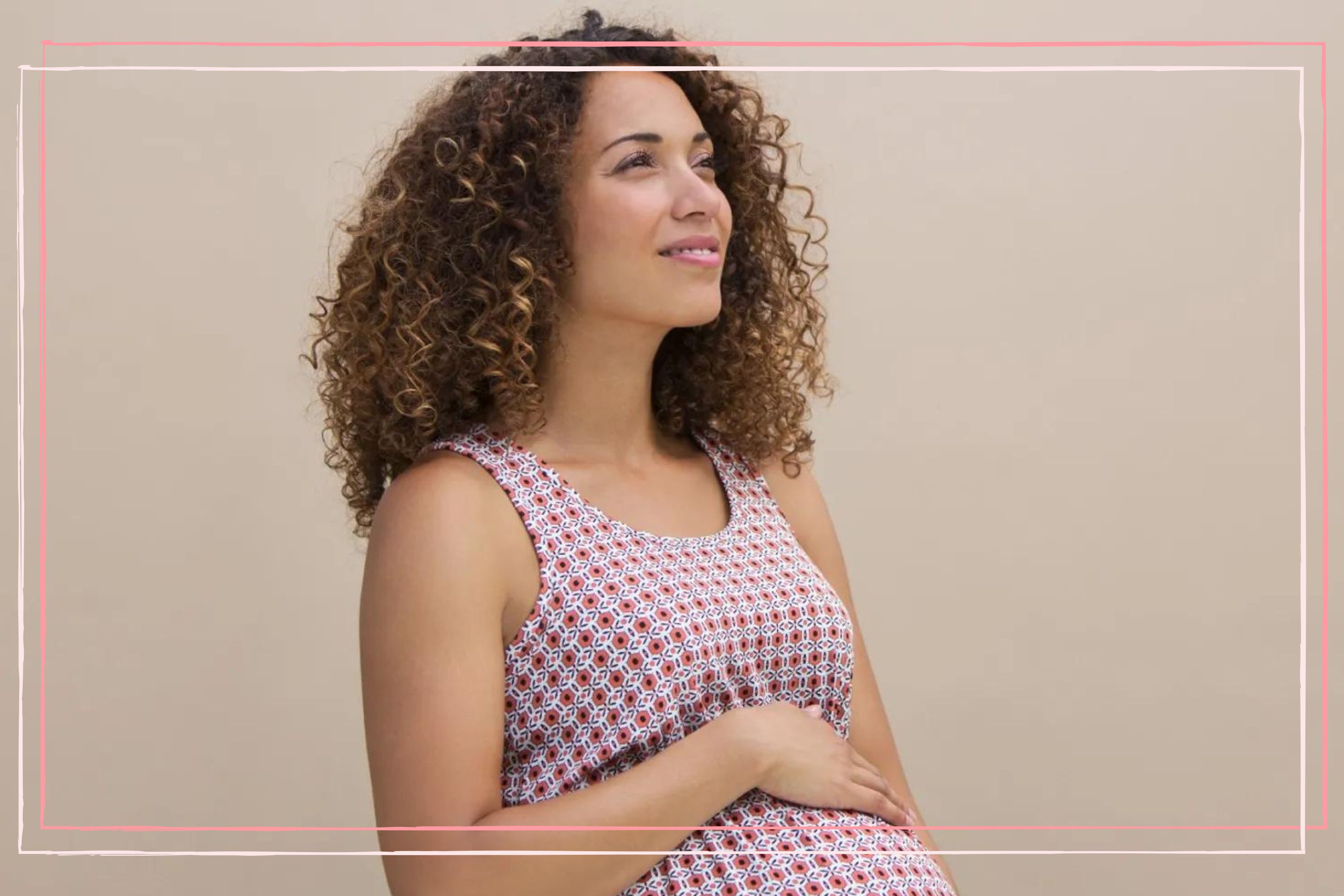
Parenting advice, hot topics, best buys and family finance tips delivered straight to your inbox.
You are now subscribed
Your newsletter sign-up was successful
Pregnancy brings with it many physical adjustments. Bigger boobs, glowing skin and, of course, a few surprising hair changes are some of the things to expect when you’re expecting.
For some, locks will become full, lustrous and impossibly shiny, as if you’ve stepped straight out of a Herbal Essences commercial. For others, it’s a tale of frizz, excessive shedding and greasy roots. Whether you’re searching for remedies to treat hair loss, wondering how to get rid of greasy hair or want to get rid of frizz, our experts discuss the whys and the wherefores of hair changes in pregnancy, with solutions to help reinstate your swish.
“During pregnancy, hormonal changes play a significant role in various bodily functions, including hair growth and appearance,” explains Dr. Chandni Rajani, GP and Aesthetic Doctor. “During pregnancy, oestrogen increases significantly, which can lead to changes in hair texture and growth patterns.”
While we experience a surge in certain hormones, we can also suffer from a lack of nutrients as the goodness gets redirected to baby. “Our hair is the last part of us to receive nutrients and the first to be withheld from,” explains Anabel Kingsley, Brand President and Consultant Trichologist at Philip Kingsley. “Hair cells are also the second fastest dividing cells our body makes, meaning its energy requirements are very high. As such, hair is incredibly sensitive to any deficiency.”
Hair changes in pregnancy
1. Thicker hair
One of the commonly known hair changes in pregnancy is your hair will look thicker and fuller. Really, it's one of the best bits about being pregnant. “When pregnant, oestrogen levels rise, which extends the anagen (growth phase) of the hair growth cycle,” explains Anabel Kingsley. “Oestrogen is very hair-supportive so we hold on to more hairs than usual and shed much less – perhaps losing only 10-40 strands a day, with the norm being 80-100.” According to Anabel, increased progesterone during pregnancy can also play a part in preventing hair loss leading to thicker-looking, advert-worthy hair.
Expert tip: “Many women say they have the best hair of their lives in their 2nd, 3rd and 4th trimesters,” admits Anabel. Our take? Enjoy it! Prevent all that extra fullness from turning poofy with a smoothing shampoo and conditioner.
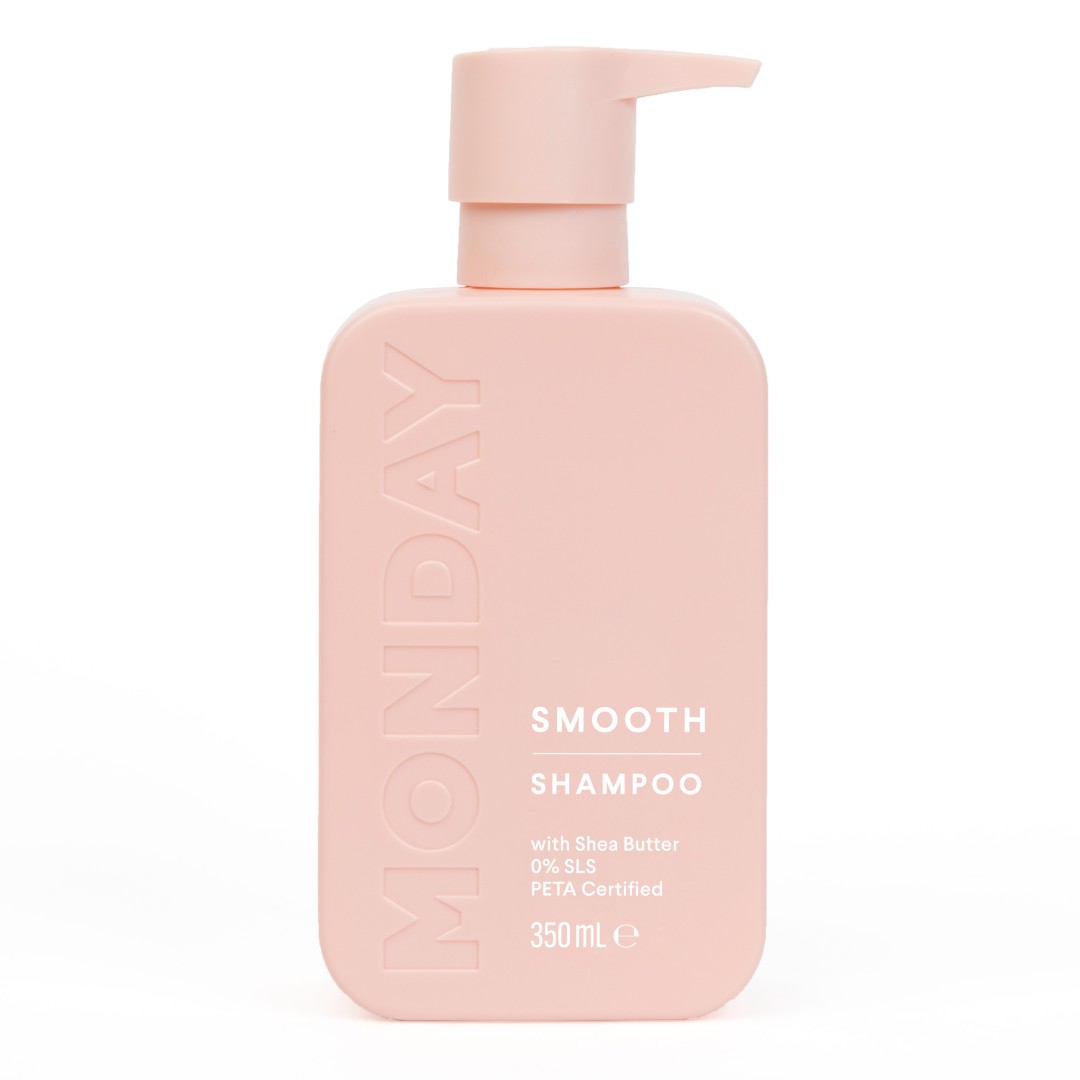
Enriched with health-giving ingredients like coconut oil, vitamin E and Shea Butter, this gentle shampoo supports the scalp for optimum growth, whilst keeping everything smooth.
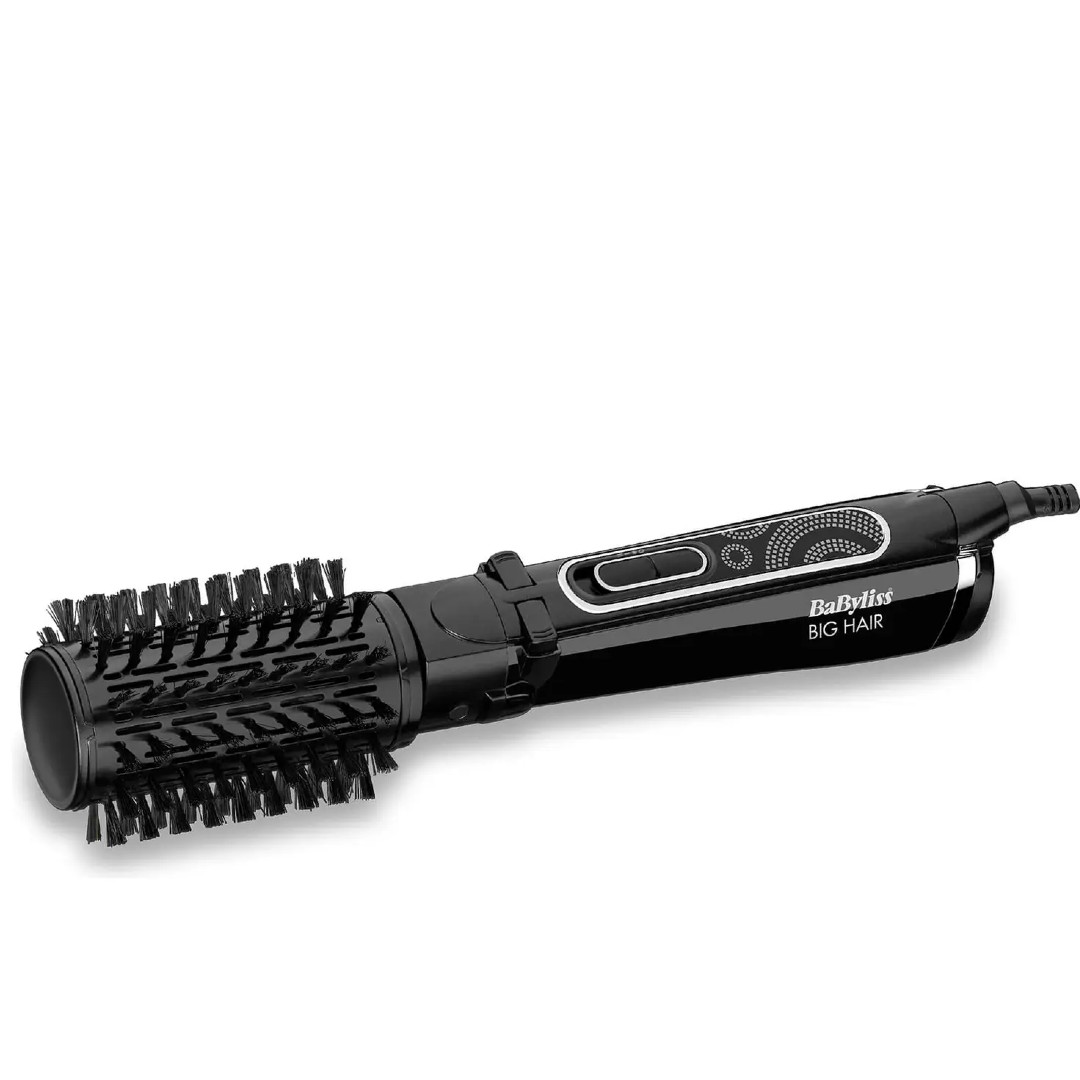
This nifty tool will make the most of your newfound fullness by helping you to master the art of the bouncy blow-dry. It lifts roots and adds bounce through the lengths and ends with a novel rotating head that takes the arm ache out of an at-home blow-out.
2. Thinner hair
“Many people find that their hair can become thick and lustrous during pregnancy, but not everyone has this experience,” explains trichologist, Eva Proudman. “In early pregnancy due to the shift in hormonal levels and an increase in stress to the body to support the newly growing baby you can experience hair shedding.” The condition is telogen effluvium, but according to Eva, it’s not permanent, but rather “a disruption to the hair growing and shedding cycle that will make the hair feel thinner all over, especially to the longer lengths.”
Parenting advice, hot topics, best buys and family finance tips delivered straight to your inbox.
Another factor that can lead to thinner-feeling hair is morning sickness, “and the inability to eat a well-balanced diet in those first few months,” explains Eva. Iron deficiency, which often occurs during pregnancy, is one more contributing factor.
Expert tip: “If you have low iron, this can be diagnosed with a blood test,” explains Eva. “Supplements and dietary advice can manage and correct this.” Dr. Chandni Rajani stresses the importance of nutrition. “For thicker and faster-growing hair, maintaining a healthy diet rich in essential nutrients like vitamins A, C, D, and E, as well as biotin and omega-3 fatty acids can support hair health and growth.”
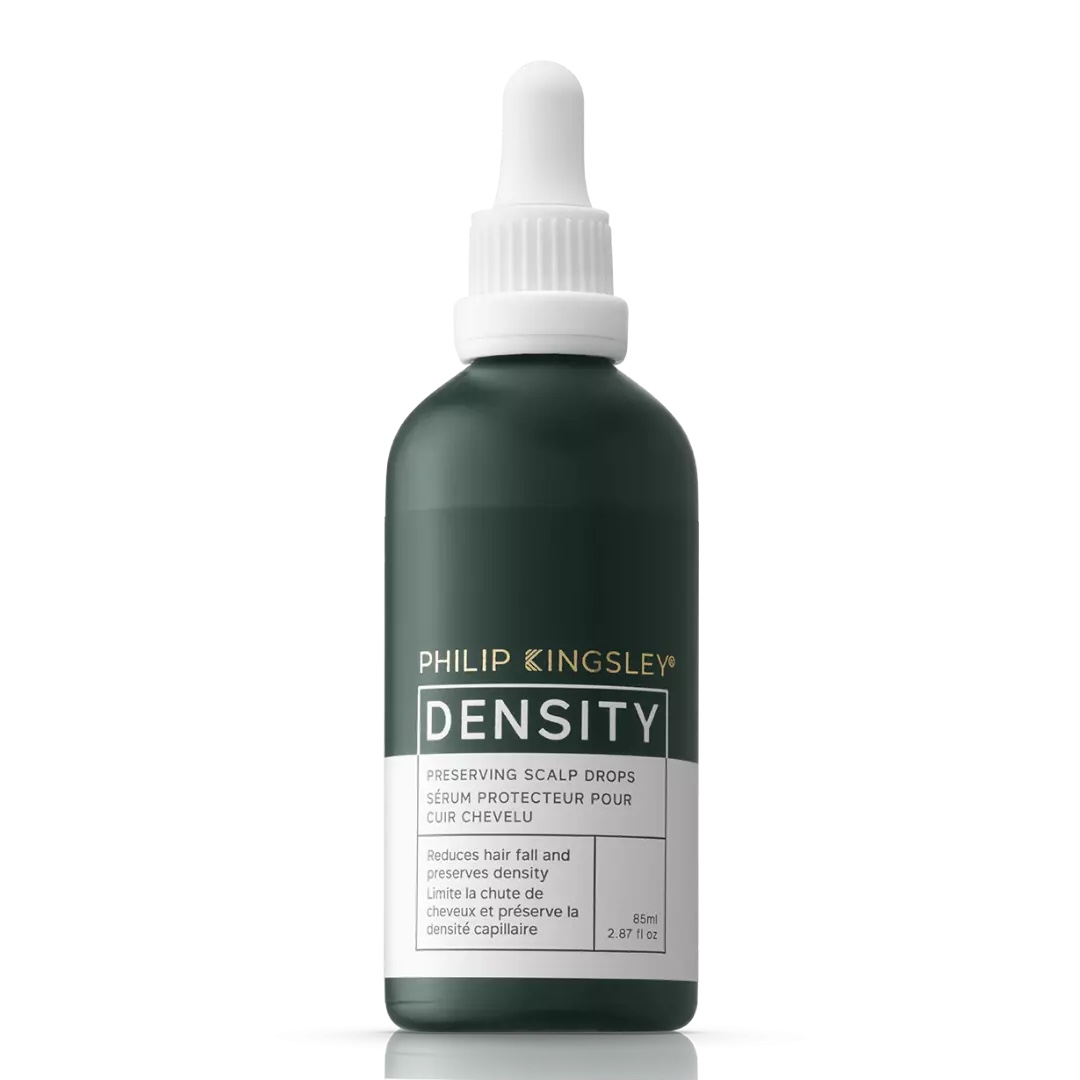
"I encourage women to use daily scalp drops to help support their hair growth cycle," advises Anabel. "With both of my pregnancies I’ve used our Density Preserving Scalp Drops, which are clinically proven to reduce hair shedding."
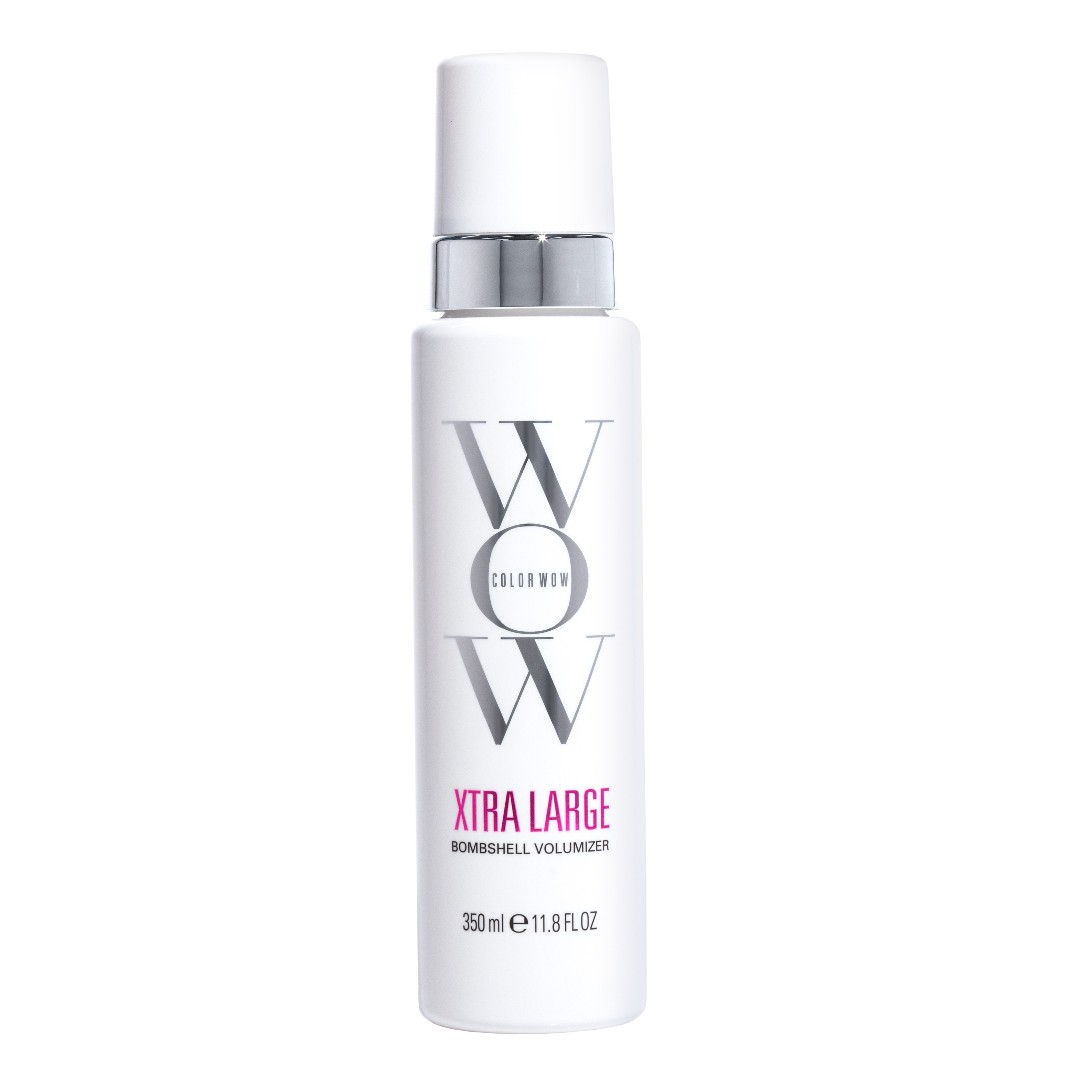
For a temporary volume fix, Beauty Editor Stephanie Maylor swears by this new-gen mousse. "It’s a frothy foam that gives incredible lift and fullness, like a salon blow-dry in a bottle."
3. Frizzy hair
One of the lesser-known hair changes in pregnancy is a change in texture. Pregnancy hormones can alter the texture of your hair so that smooth, silky strands suddenly become nightmarishly frizzy and difficult to manage. This is likely to be exacerbated if your hair is dry, damaged or colour-treated.
Expert tip: When hair is hydrated, it’s less likely to crave moisture from the air and fuzz up so it’s worth investing in a good conditioner. Anabel’s tip? “Use products that will coat the cuticle with a hydrophobic (water-repelling) layer. This not only keeps moisture out, preventing hair from becoming frizzy, but helps to lock moisture into your strands so they remain hydrated.”
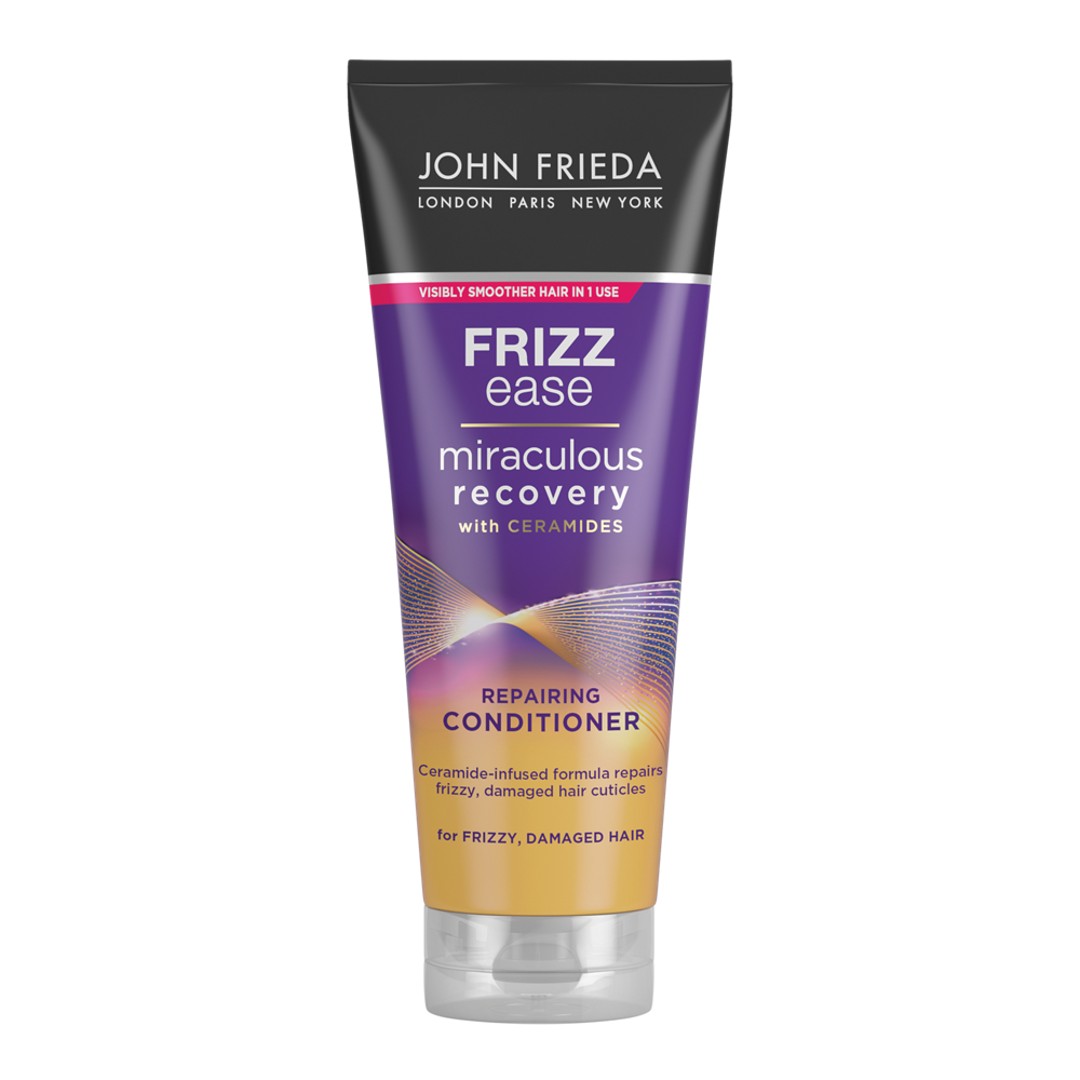
This conditioner is powered by ceramides, which close gaps in the cuticle so hair is left smooth. When used simultaneously, the 3-step system claims to reduce frizz by 86%.
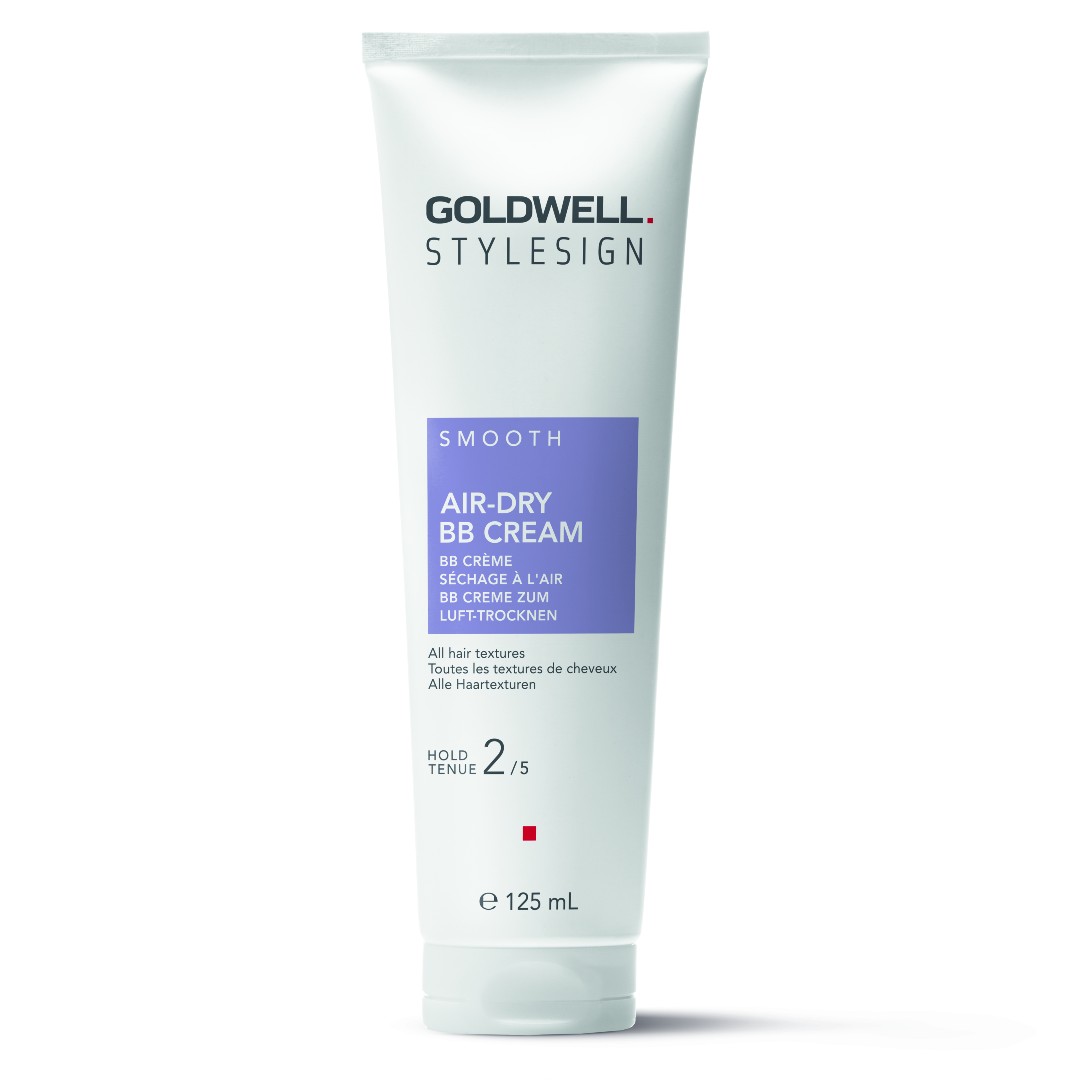
Rather than having to wrestle with your round brush and hair dryer, this cream encourages a smooth, shiny finish as hair air-dries - great if you want to avoid the damage caused by heat-styling. The best thing? It locks in frizz-protection for up to 72 hours.
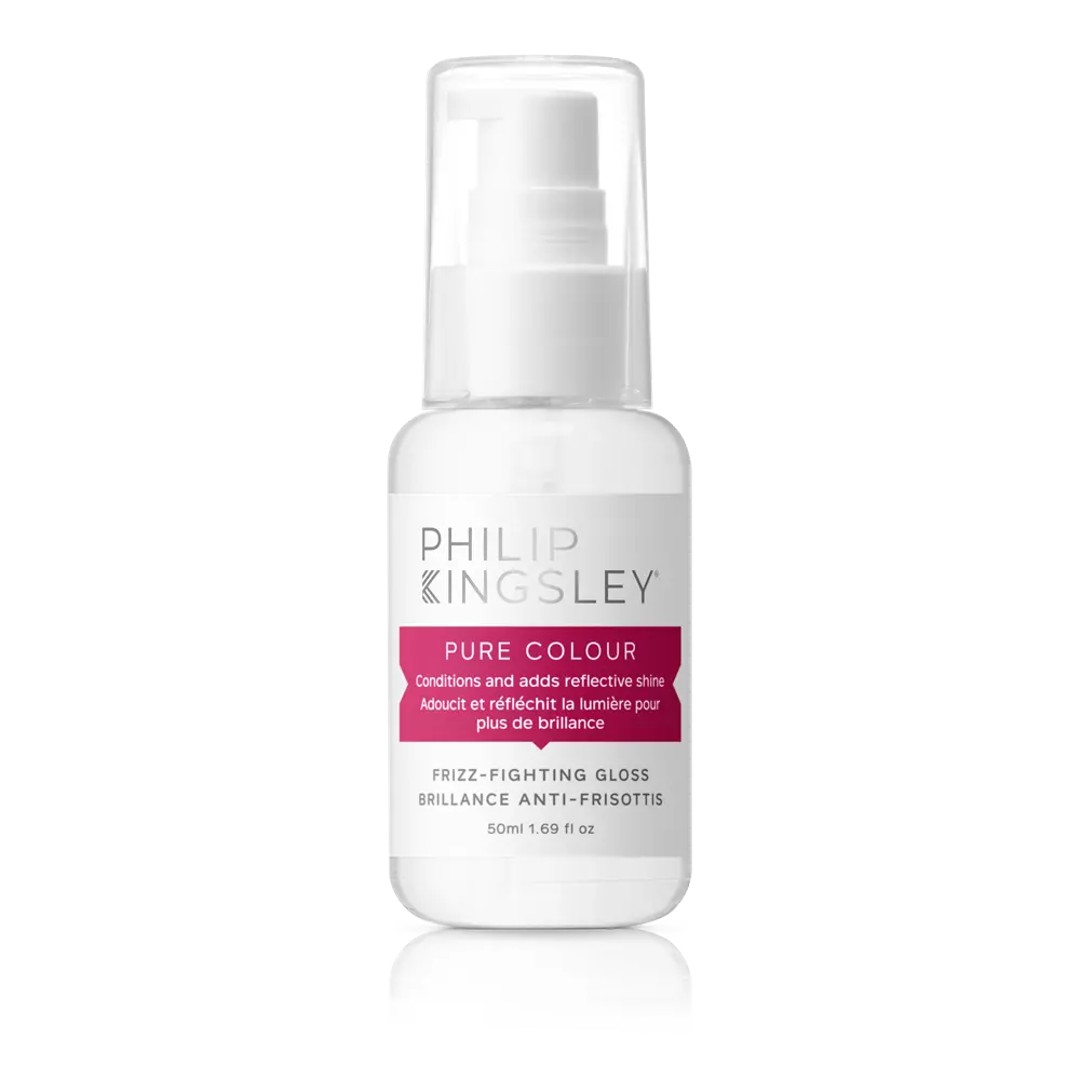
"Silicones have a bad reputation but they can provide amazing styling benefits, especially where frizz is concerned," admits Anabel. "This formula contains a silicone blend and is an absolute saviour for frizz prone hair. A little goes a long way - it instantly smooths frizz leaving hair super silky with a reflective shine."
4. Greasy hair
One of the more irritating hair changes in pregnancy is greasy roots. Just when you want to put your feet up for a well-deserved rest, many mums-to-be report the need to wash their hair more often. Lank, oily hair is caused by a surge in hormones, triggering our oil glands to produce more sebum. Anabel offers a more practical explanation: “You might not be shampooing as often as you used to, which can make your hair seem greasier than usual.”
Expert tip: “Try not to leave more than 2 days in-between shampoos,” advises Anabel. “To help counteract bothersome roots, apply a hydrating serum to your scalp at night and shampoo your hair in the morning.” If your hair is particularly flat and lank, give roots a zhuzh with dry shampoo to mop up excess oil and inject a little oomph.
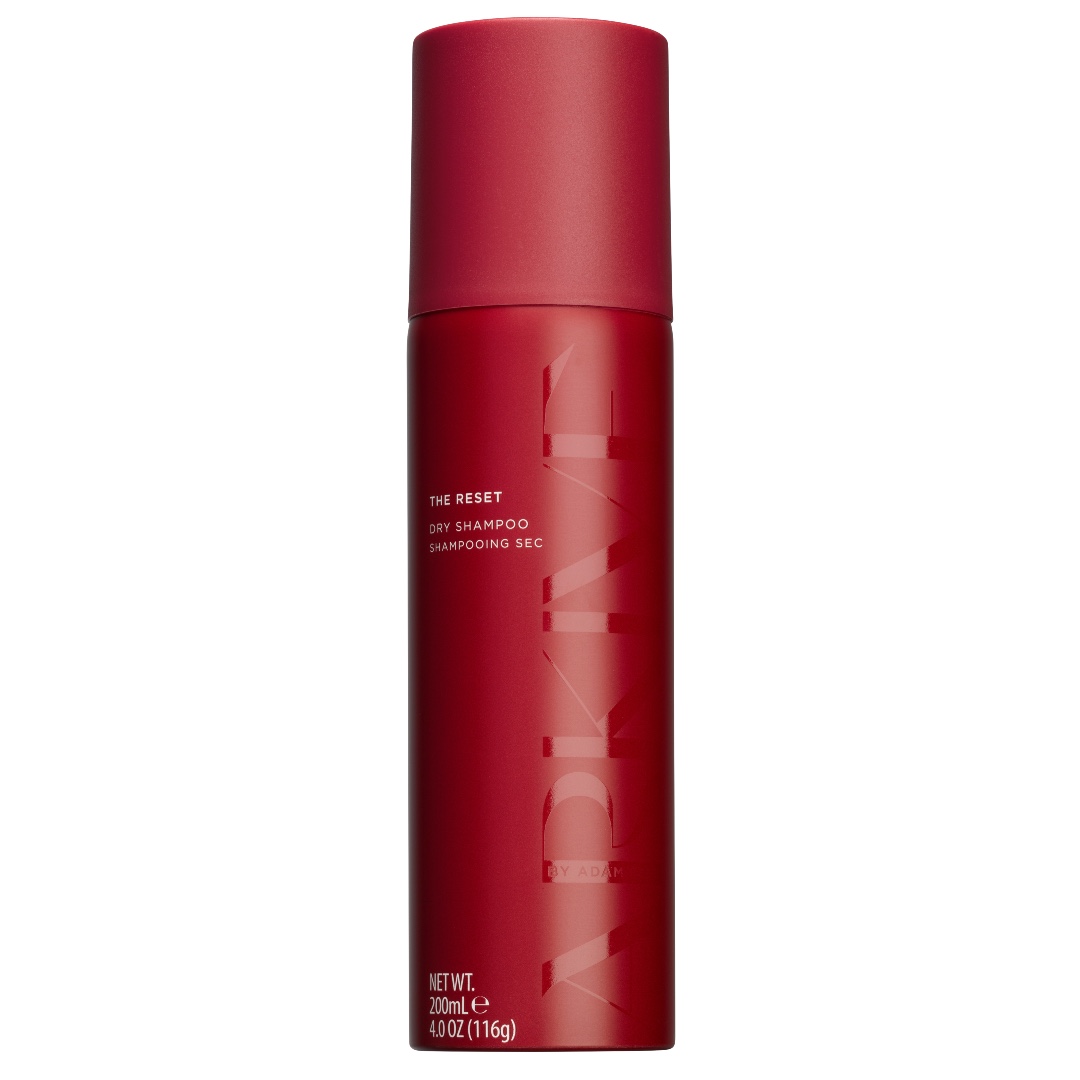
A good dry shampoo provides a lifeline for oily hair. Baobab oil is added to hydrate the scalp and increase shine, with rice starch added to absorb excess oil. It smells amazing, and any white residue ruffles out easily with your fingers.
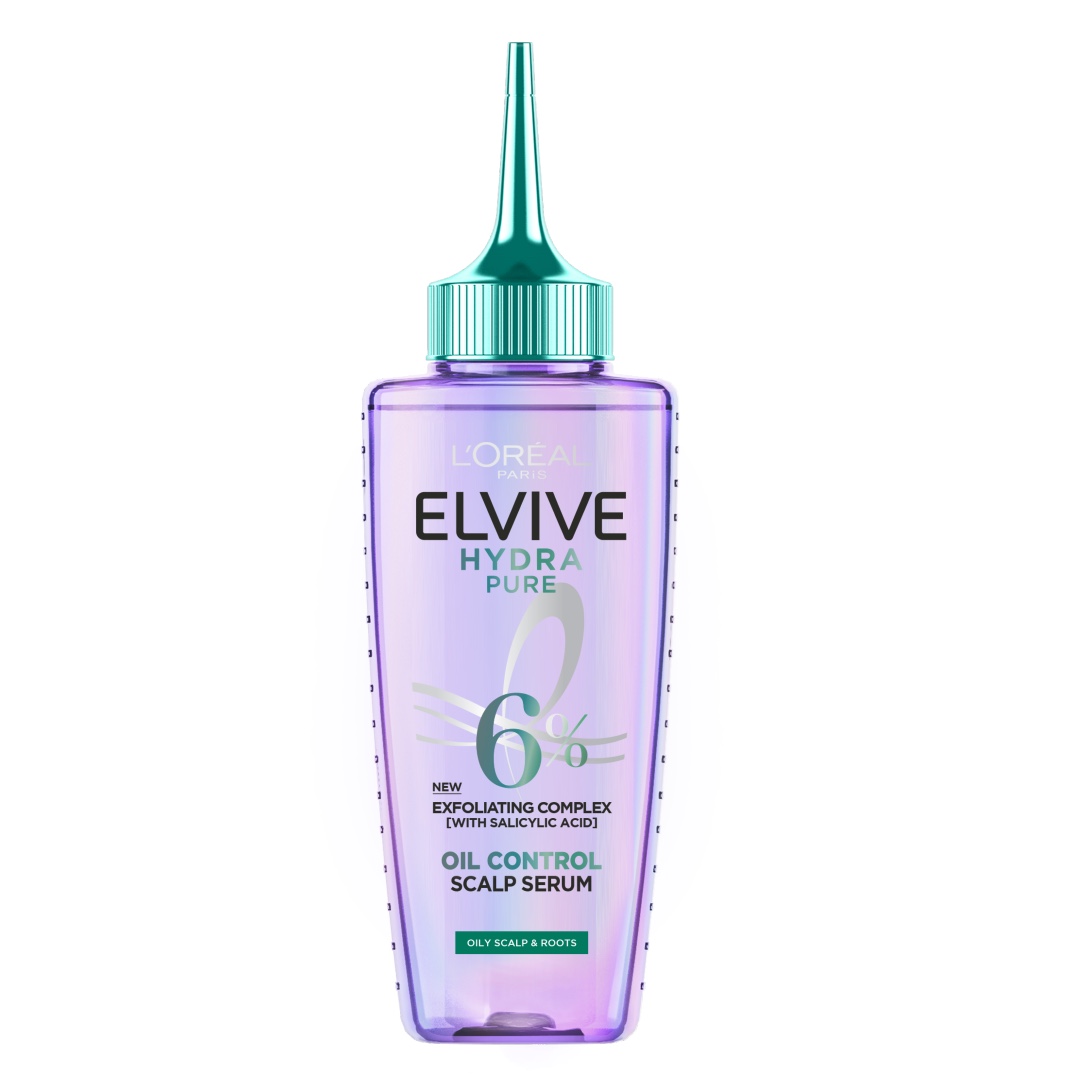
Used before shampoo, this lightweight, refreshing pre-treatment breaks the cycle of oiliness to tackle greasy roots and dehydrated lengths. It gently exfoliates the scalp to remove build-up, control oil and purify the scalp.
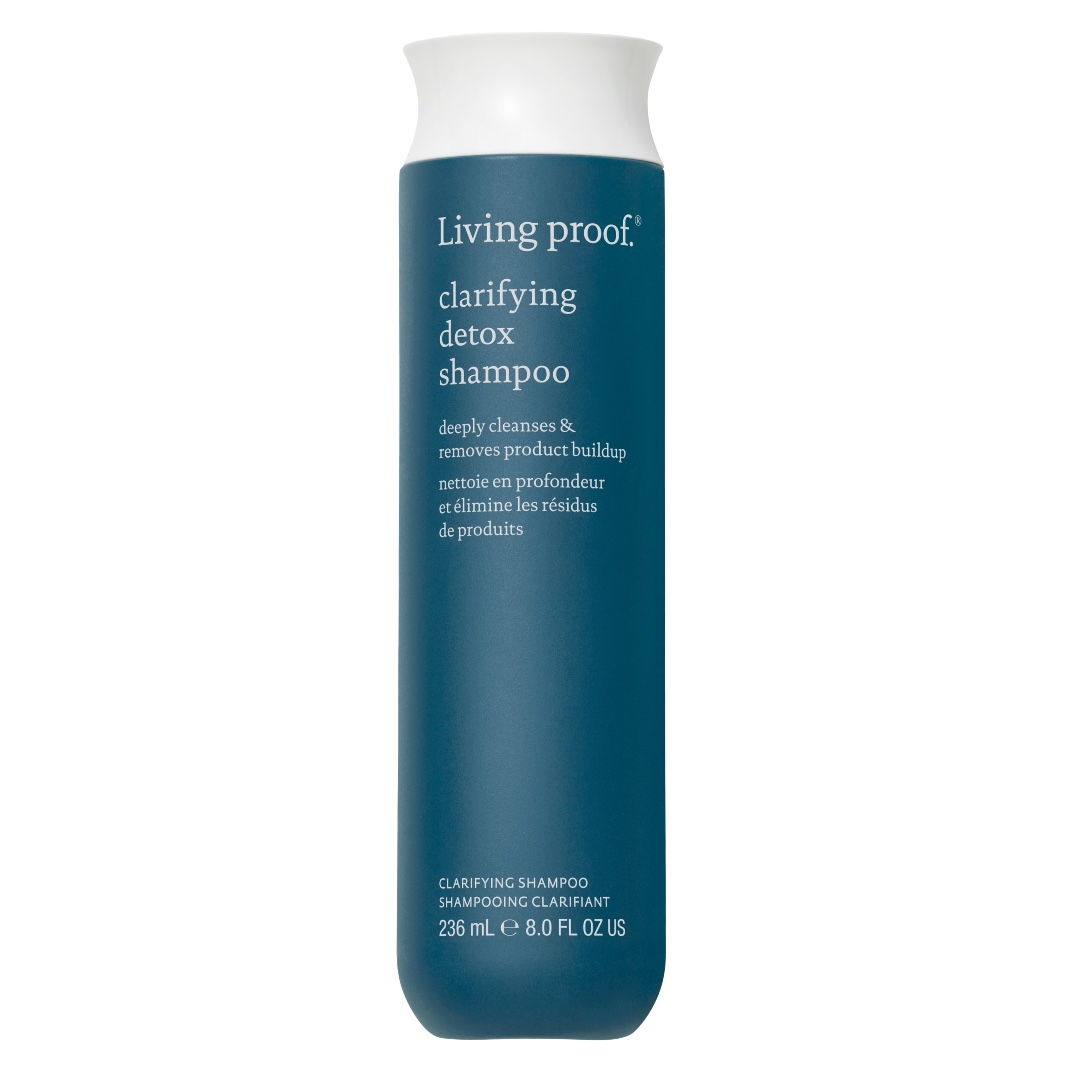
This gentle but effective clarifying shampoo removes 97% of product build-up in just one wash, cleansing everything from leftover product to pollution and excess oil. The result? Hair stays cleaner for longer.
5. Dry hair
Some expectant women may notice that their hair has become dry, coarse, and more prone to breakage, which Dr. Rajani attributes to “hormonal fluctuations and increased blood volume.” It may also be a sign of low iron levels.
Expert tip: For dry hair that breaks at the mere sight of a brush, the answer is moisture. “To combat damage and dryness, I advise all my clients to use a weekly pre-shampoo deep-conditioning treatment and bond-building treatment,” instructs Anabel. Always use heat protection before styling to minimise breakage and book in for regular, 6-weekly trims to snip off fragile ends.
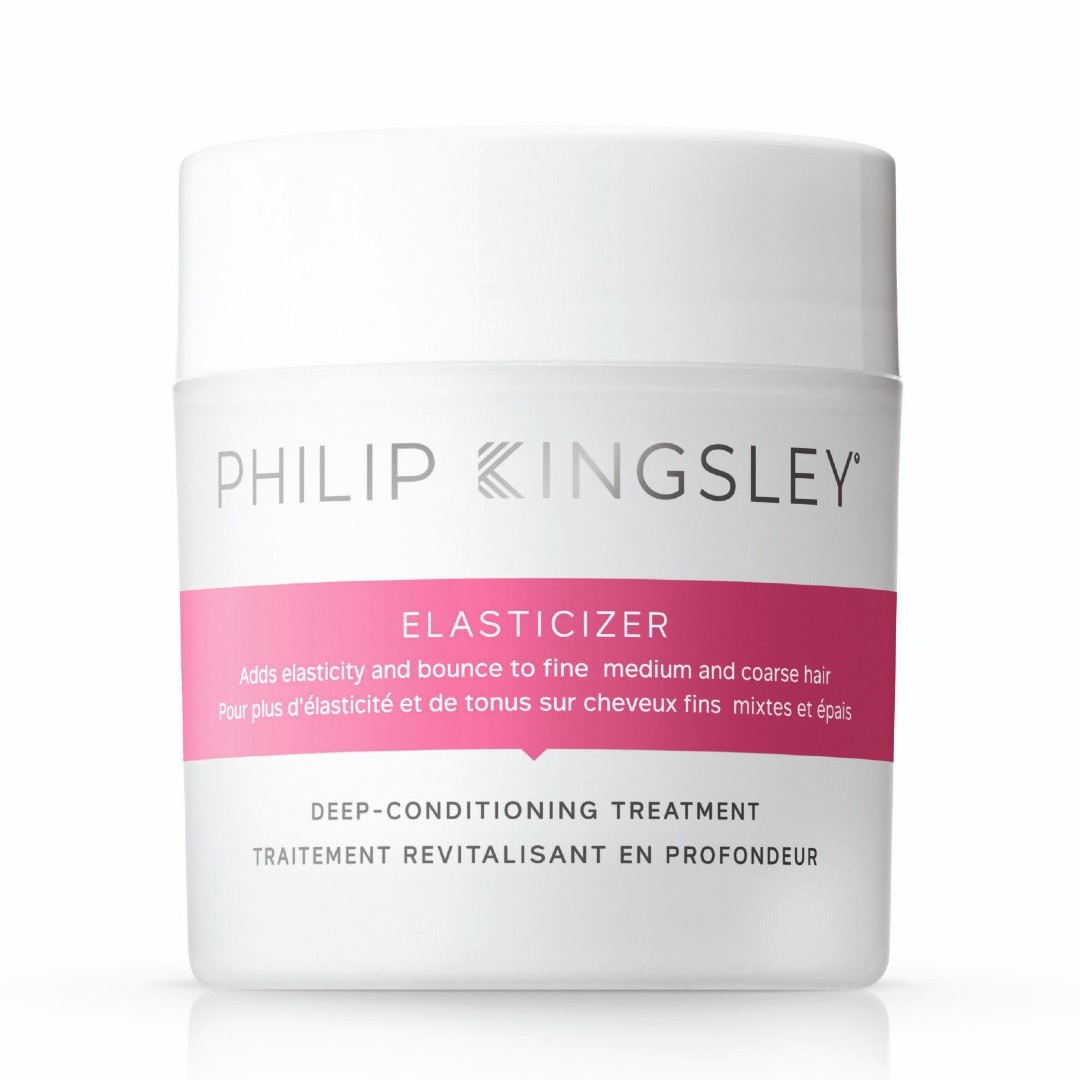
According to Anabel, "Elasticizer rehydrates dry, moisture-depleted hair, giving it more resilience against breakage, reducing frizz and improving manageability." Apply to damp hair, leave for 20 minutes, rinse then shampoo and condition as normal.
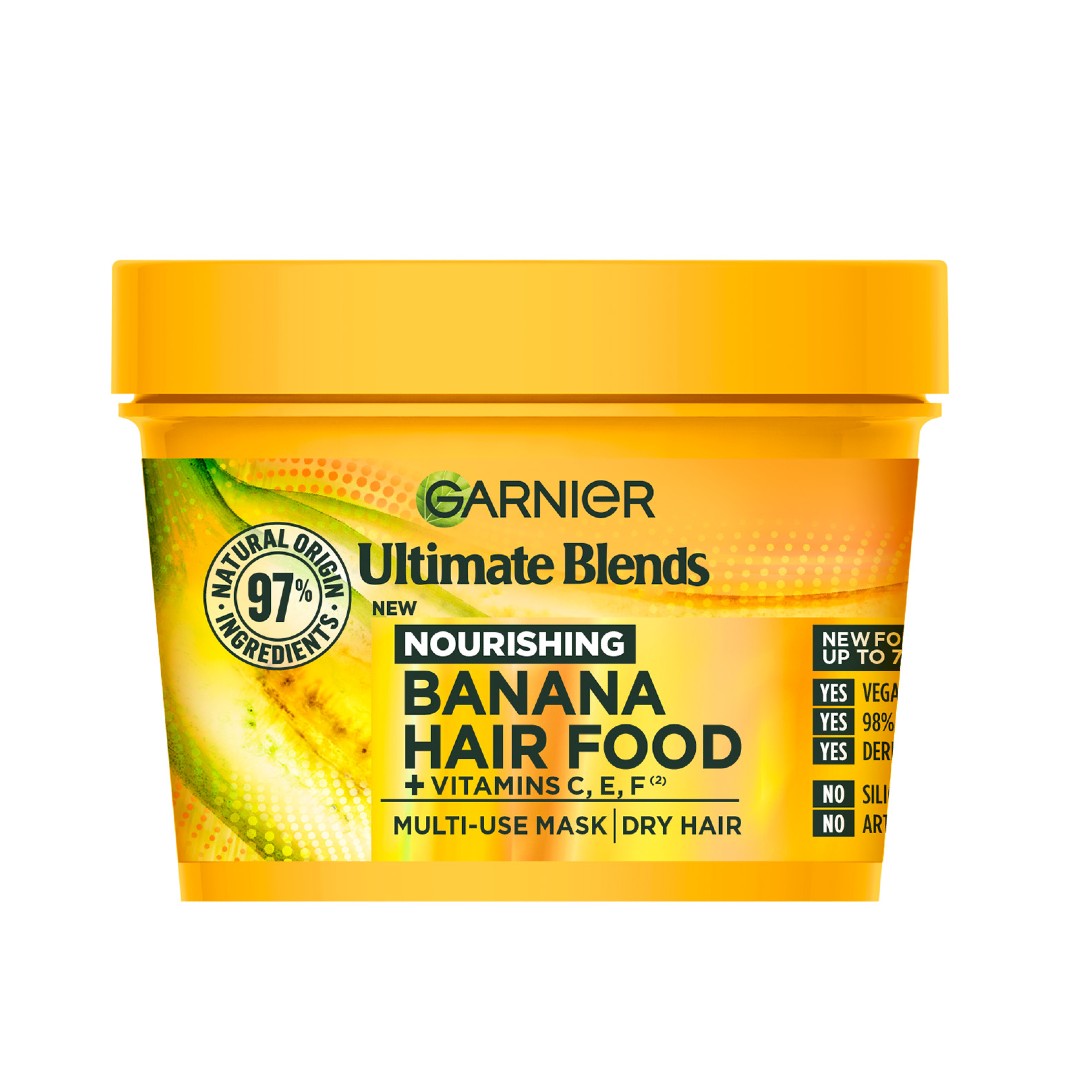
This nourishing mask is like a hug in a tub for dry, brittle hair. The formula's been updated with added vitamins: C boosts shine, E ups moisture and F builds strength, with nutrient-rich banana to replenish dry hair.
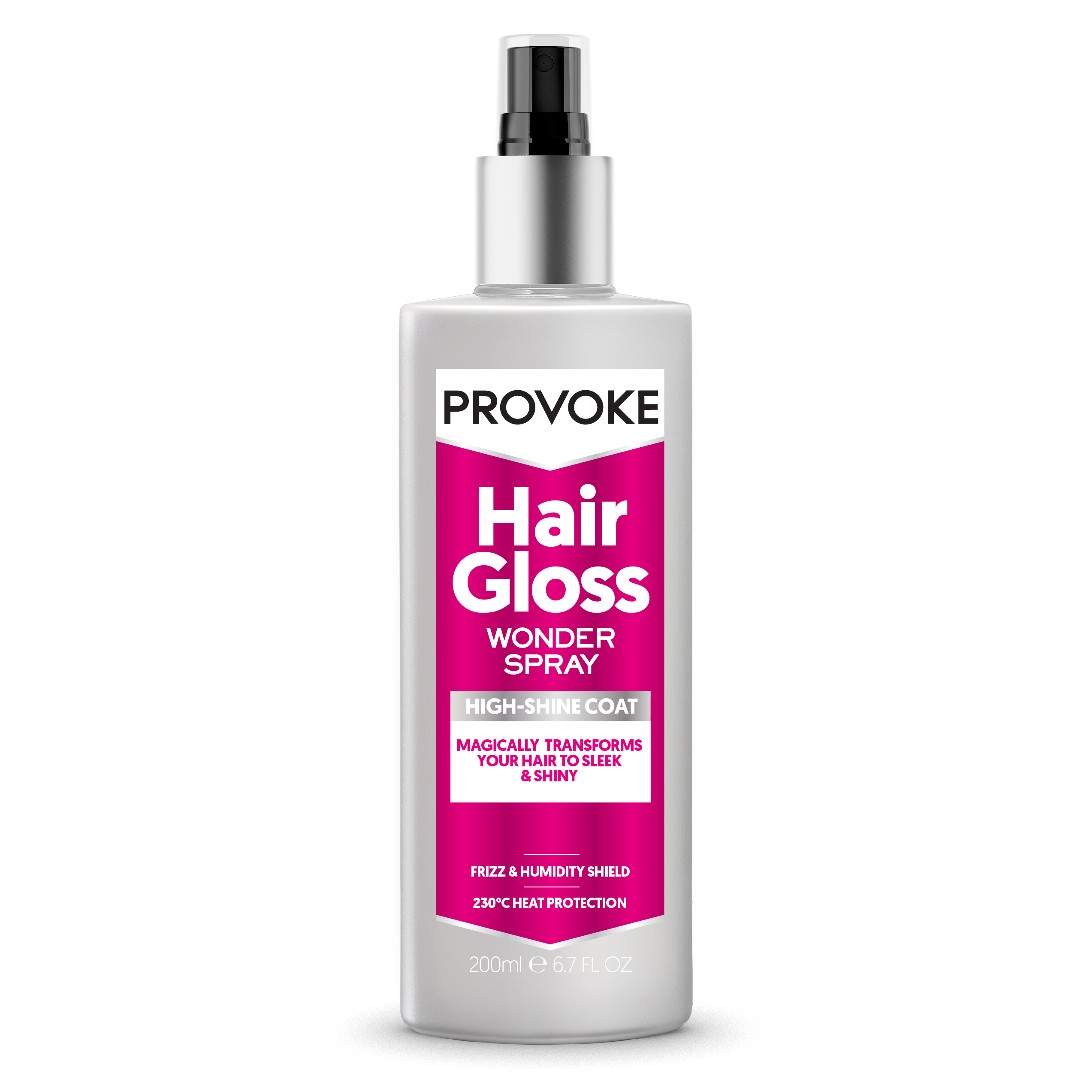
Another unfortunate symptom of dry, depleted hair is a dull and lacklustre finish. Reinstate the shine - and protect against heat damage before you whip out the hair dryer - with this frizz-fighting, gloss-giving spray.
6. Change in texture
One of the more bizarre hair changes in pregnancy is a texture turnaround, where poker straight hair suddenly morphes into wild waves, or bouncy curls turn flat and lifeless. Hormonal shifts - whether that’s during pregnancy, puberty or menopause - can affect the follicle itself, altering the texture and pattern of your strands.
Expert tip: It can take a while for hair to return to its natural state (some women report a permanent change) so learn to manage your newfound texture, whatever that may be. If you miss your pre-pregnancy hair, use heated tools to style it curly or straight.
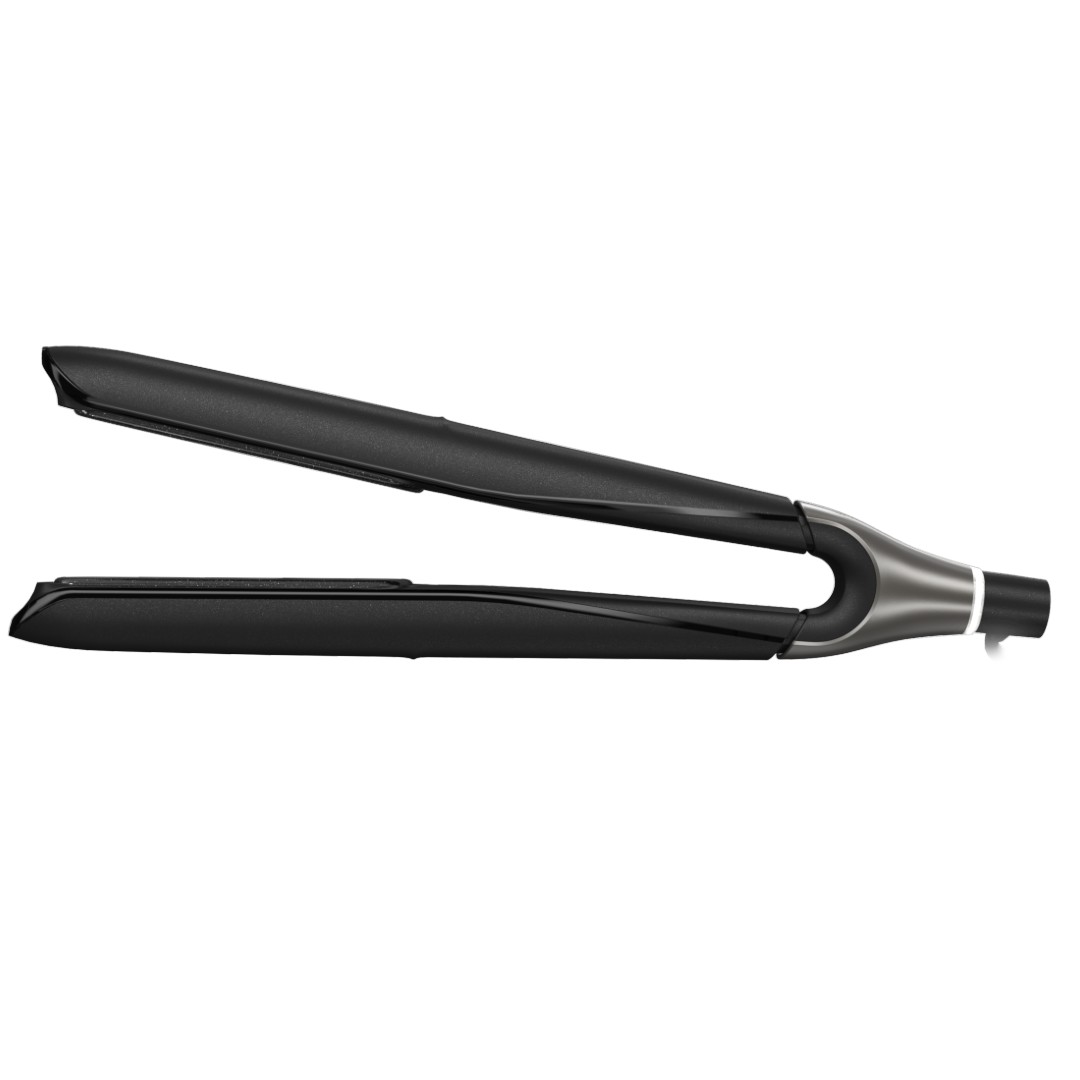
Whether you need to smooth out fuzzy flyaways or reinstate curls that have dropped, these superstar straighteners deliver two times less frizz, up to 85% more shine and 24-hour hold. The technology is so good, you only have to go over each section once.
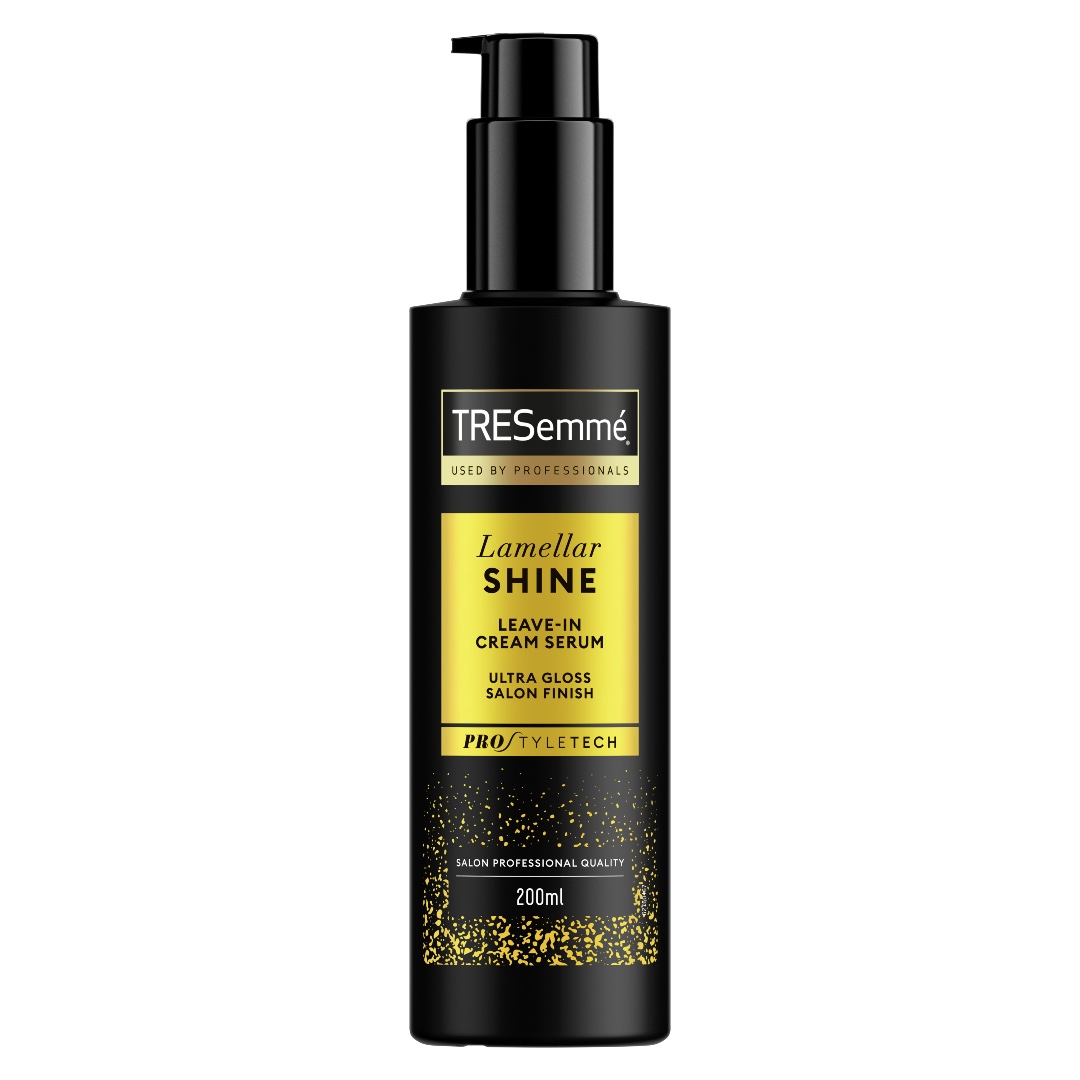
Has your hair gone from smooth and silky to coarse and wiry? You need this leave-in serum. The special technology laminates and seals each strand in a weightless micro layer so hair lies smooth to reflect maximum light and improve manageability.

Dr. Chandni Rajani is an advanced Aesthetic Doctor and General Practitioner with a special interest in Women’s health and wellness. She has over 10 years' experience, having graduated from King's College London with a distinction in her medical degree, and a prize-winning first class honours degree in Women’s physiology. She was subsequently awarded a prestigious research scholarship at St Thomas’ Hospital, studying the effects of nutrition in pregnancy.
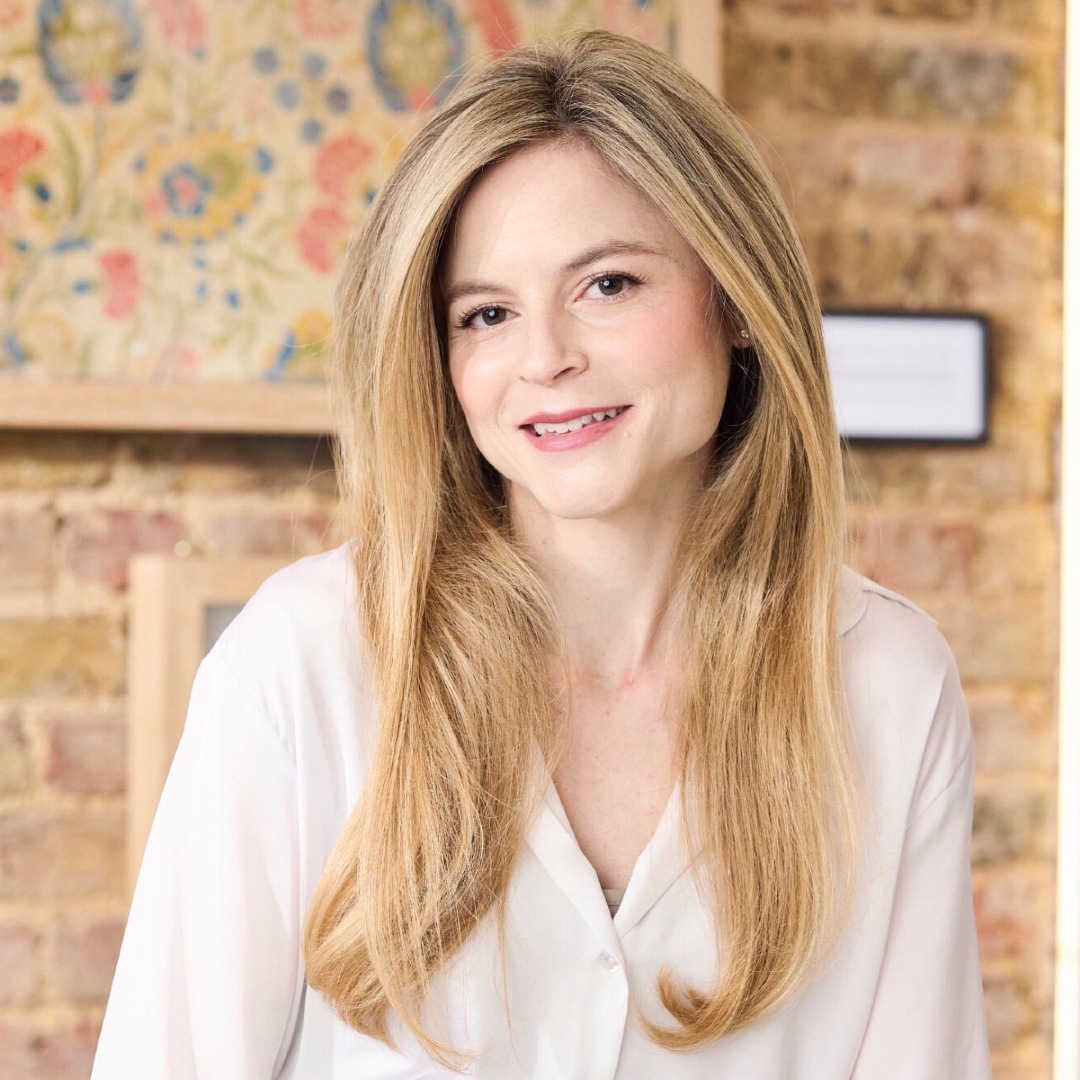
Anabel's passion for hair and scalp health was ignited from a young age by her father, Philip Kingsley. Anabel began her career at Philip Kingsley in 2006, managing the Philip Kingsley Trichological Centre, New York. In 2009, she returned to London to join the Philip Kingsley Marketing and New Product Development Team, and qualified as a Trichologist in 2013. Anabel has a particular focus on post-partum hair loss, nutrition and the psychology of hair loss.

Eva Proudman has over two decades' of experience in all things hair and scalp health. As the Chairman of the Institute of Trichologists, Eva is the UK’s leading hair specialist. She has a Harley Street clinic where she supports, diagnoses and treats people with all kinds of hair concerns, including male and female hair loss, and also works as a consultant trichologist at Absolute Collagen.
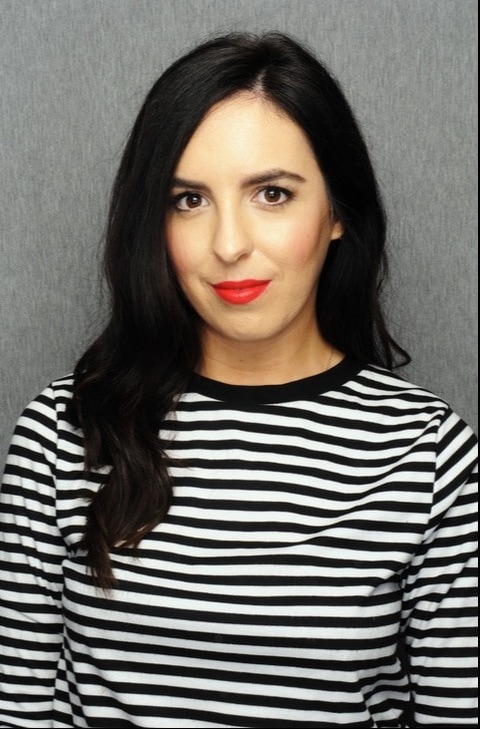
Stephanie is a Beauty Editor across five national women’s magazine titles, with more than fifteen years’ experience working within the beauty industry. She has been shortlisted for multiple awards at the J&J Beauty Journalism Awards, and was the runner-up at the Wella Hair Journalism Awards in 2009. She has written for many brands, including Grazia, Now, More!, Fabulous, Woman & Home, NW, Woman, Woman's Own, Woman's Weekly, Essentials, Best, Chat, Pick Me Up and OK! Online. In 2010 she launched her own beauty blog, which was also shortlisted for Best Beauty Blog in the 2011 and 2012 J&J Beauty Journalism Awards.
